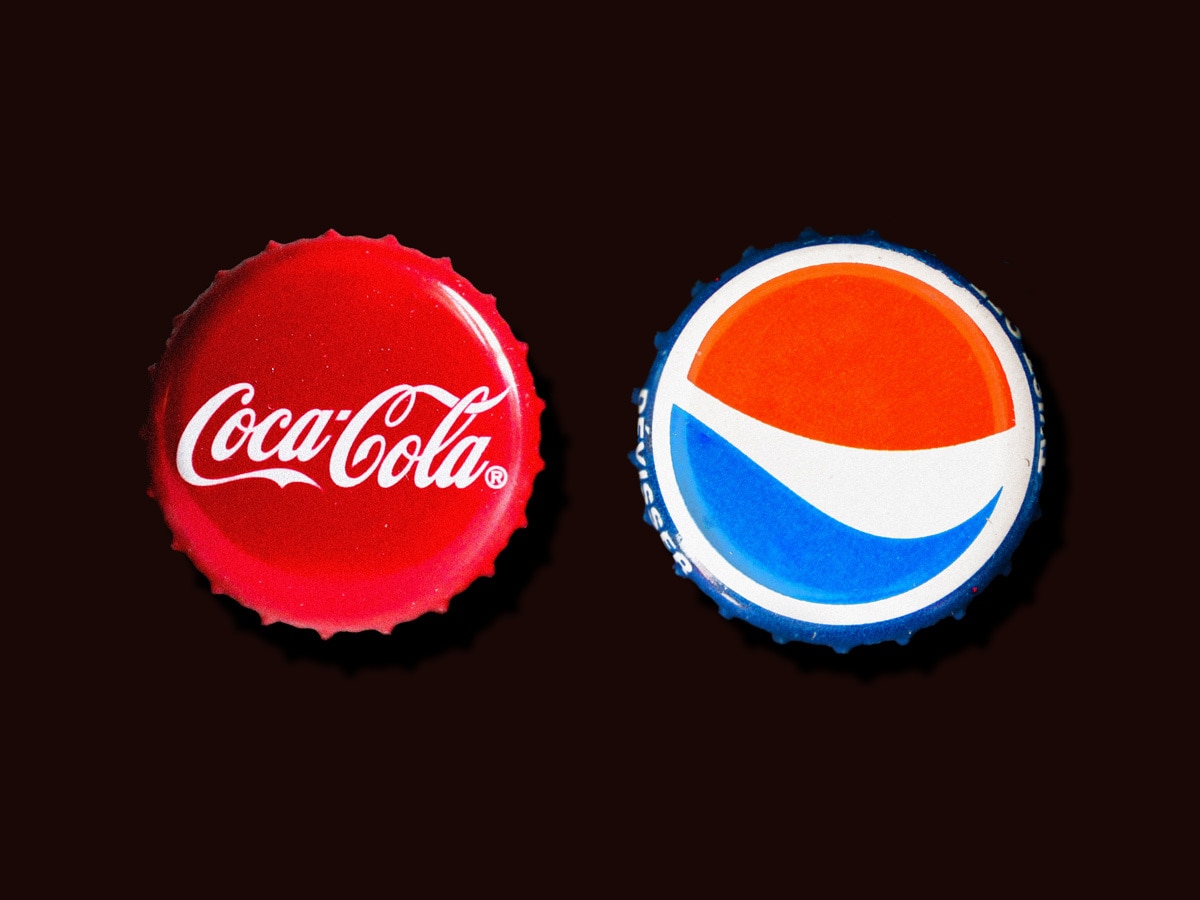Although both companies are experiencing profit squeezes, the PepsiCo [PEP] share price has outpaced its rival Coca-Cola [KO]. The PepsiCo share price has gained 13.7% over the past 12-months to $156.93 on 12 October, while the Coca-Cola share price is up 9.5% at $54.23 in the same period.
Both companies have faced threats to their profit margins, thanks to rising prices and dented demand in the aftermath of the coronavirus pandemic.
Throughout the past six months, PepsiCo has increased its drink prices and edged its snack prices up too, according to PepsiCo CFO Hugh Johnston. The company reported in its third-quarter earnings report, released on 5 October, that it was seeing higher supply chain costs, despite revenue rising 11.6% during the quarter.
PepsiCo forecasts further price increases
A shortage of cans and Gatorade bottles associated with easing pandemic restrictions, as well as supply-chain challenges (such as the impact of Brexit in the UK), were contributing factors towards PepsiCo’s increased costs. The main factor, however, appears to be commodity inflation.
Johnston warned that, with inflation on the rise, the price hikes could continue next year. Indeed, food and beverage companies tend to buy raw materials in advance to protect against inflation. However, “forward buying can only do so much for us,” Johnston explained on CNBC’s Squawk Box. “What it does is buy us about six to nine months of room.”
PepsiCo CEO Ramon Laguarta told a conference call with analysts that consumer’s in-store behaviour is changing, with pricing being less of a factor for consumers compared to branding.
“I do expect there will probably be some price increases in the first quarter of next year as well, as we fully absorb and lock down the impact of commodity inflation” - PepsiCo CFO Hugh Johnston
“I do expect there will probably be some price increases in the first quarter of next year as well, as we fully absorb and lock down the impact of commodity inflation,” Johnston told Reuters.
The prepared management remarks accompanying PepsiCo’s third quarter of earnings also alluded to using “targeted net revenue management tools [including] rate, mix and assortment solutions to mitigate the impact of higher commodity, transportation, and supply chain costs”.
Coca-Cola targets market share
Coca-Cola has already increased its prices, as has FMCG giant Procter & Gamble [PG].
Coca-Cola’s latest quarterly earnings report revealed that the cost of goods sold increased 26% year-over-year in the second quarter of 2021, although its net operating revenues were up by 42%.
Coca-Cola’s chairman and CEO, James Quincey, hinted, following second-quarter earnings, that his company may target market share, saying Coca-Cola is “better equipped than ever to win in this growing, vibrant industry”.
What do analysts see in the PepsiCo and Coca-Cola share prices?
Analysts, while cautiously increasing their PepsiCo share price targets, have highlighted that the company must find ways to mitigate rising costs.
Steve Powers of Deutsche Bank stated in a research note that higher costs and supply chain issues could limit profits from PepsiCo’s “now-higher” revenue streams, while reiterating a hold rating and nudging his PepsiCo share price target up from $158 to $160.
Argus analyst John Staszak reiterated his buy rating and $169 PepsiCo share price target in a July research note, saying the company has continued to grow despite low demand and that he believes cost-cutting will benefit earnings.
Analysis from AlphaStreet indicates that PepsiCo may hold the edge over Coca-Cola when it comes to its positioning in the ongoing recovery from the pandemic. Given Coca-Cola’s greater reliance on outdoor, away-from-home locations such as cinemas and restaurants, the pandemic impacted its performance more heavily than PepsiCo’s. Coca-Cola’s revenue fell 11% in fiscal 2020, while Pepsi’s rose 4.8%.
Investor research platform Whalewisdom shows an increase in hedge funds buying PepsiCo in the second quarter of 2021 and a simultaneous dip in funds buying Coca-Cola.
According to CNN Money, analysts are split between the two companies – 11 out of 23 offer buy ratings for PepsiCo, compared to 12 out of 28 for Coca-Cola. While this is a smaller proportion for Coca-Cola, an additional five offer outperform ratings, bringing the total proportion of ratings above hold higher for Coca-Cola than PepsiCo. No analysts held underperform or all ratings for Coca-Cola, whereas one analyst rated PepsiCo underperform. PepsiCo also had one outperform and ten hold ratings.
The median 12-month price targets for the PepsiCo share price and the Coca-Cola share price are 7.5% and 13.6%, respectively. The low target for Coca-Cola sees 0.8% gains, while the lowest 12-month PepsiCo share price target implies a 7.2% loss.
Disclaimer Past performance is not a reliable indicator of future results.
CMC Markets is an execution-only service provider. The material (whether or not it states any opinions) is for general information purposes only, and does not take into account your personal circumstances or objectives. Nothing in this material is (or should be considered to be) financial, investment or other advice on which reliance should be placed. No opinion given in the material constitutes a recommendation by CMC Markets or the author that any particular investment, security, transaction or investment strategy is suitable for any specific person.
The material has not been prepared in accordance with legal requirements designed to promote the independence of investment research. Although we are not specifically prevented from dealing before providing this material, we do not seek to take advantage of the material prior to its dissemination.
CMC Markets does not endorse or offer opinion on the trading strategies used by the author. Their trading strategies do not guarantee any return and CMC Markets shall not be held responsible for any loss that you may incur, either directly or indirectly, arising from any investment based on any information contained herein.
*Tax treatment depends on individual circumstances and can change or may differ in a jurisdiction other than the UK.
Continue reading for FREE
- Includes free newsletter updates, unsubscribe anytime. Privacy policy





